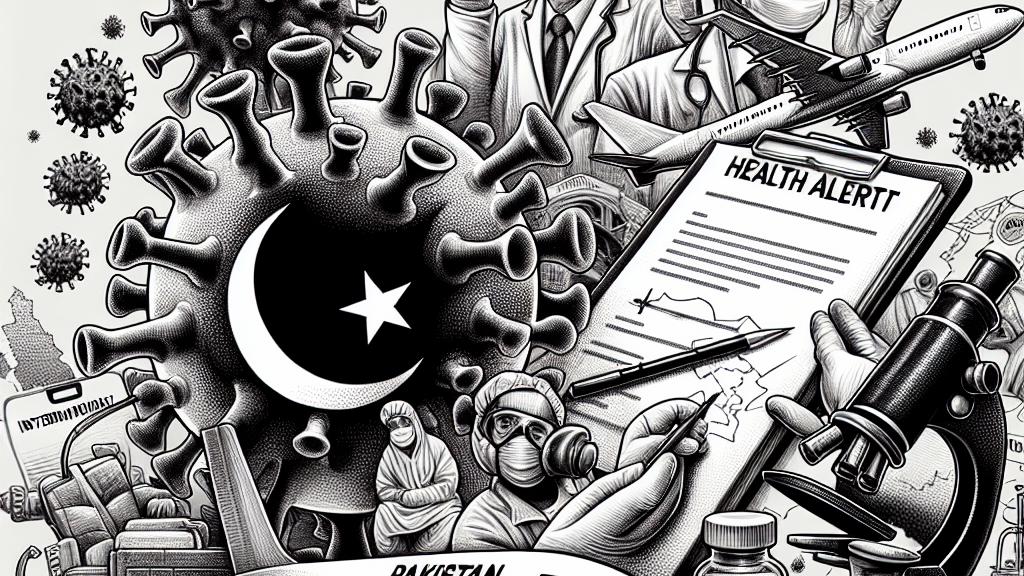Mpox Strikes Again: Pakistan's Health Alert Amid Global Concerns!
Overview
- Three cases of mpox confirmed in Pakistan after travelers returned from UAE.
- WHO declares the mpox outbreak a public health emergency.
- Countries, including the US, enhance measures to tackle mpox spread.

Recent Detection in Pakistan
In a critical update, Pakistan has reported three confirmed cases of the mpox virus, previously known as monkeypox, among individuals who recently traveled from the United Arab Emirates. The health department in Khyber Pakhtunkhwa province announced these findings on August 16, 2024, triggering a range of emergency responses. As the patients await further analysis to confirm their strains, Dr. Salim Khan, the region's health director-general, emphasized the importance of monitoring travelers for infections. This situation mirrors the global pattern of mpox's resurgence, as countries recalibrate their health protocols in light of new evidence of the virus's spread.
Global Health Response and Concerns
The World Health Organization (WHO) has recently upgraded the mpox outbreak to a public health emergency of international concern, following rising infection rates in Africa, especially in the Democratic Republic of the Congo. Countries worldwide, including the United States, are responding with increased vigilance and funding. The U.S. government is collaborating with international health bodies, pledging over $17 million to strengthen mpox response efforts, alongside distributing critical vaccines like JYNNEOS to regions most at risk. This level of support underscores the urgent need for global collaboration in public health to manage and mitigate the impacts of infectious diseases effectively.
Preventative Measures and Community Preparedness
In response to the increasing threat of mpox, health authorities are putting significant emphasis on preventative measures and community education. Pakistan's health ministry has mandated rigorous screening processes at all entry points and initiated awareness campaigns directed at educating the public about mpox's symptoms and transmission routes. Local health officials are also working to ensure that vaccinations are accessible to high-risk populations. The proactive engagement of communities in understanding and mitigating health risks is crucial, especially as travel resumes globally. Building resilience through education and preparedness will empower individuals and communities to respond effectively to current and future health emergencies.

Loading...